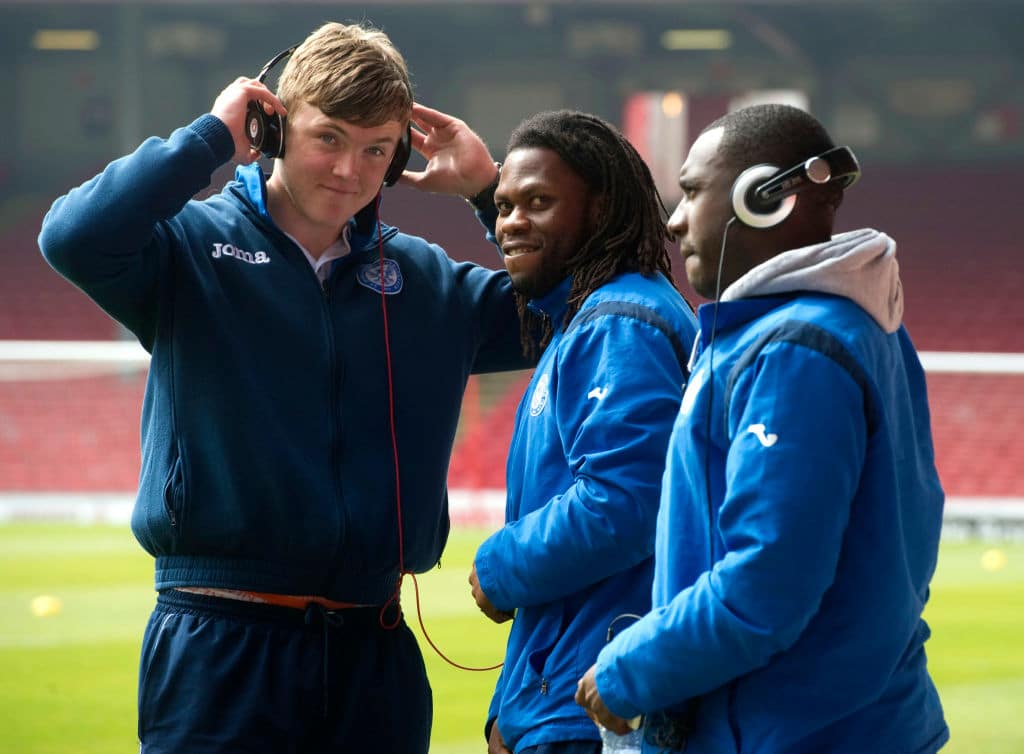Coaches may be rummaging through their Spotify playlists after Australian Catholic University research found – for the first time in team sport – that high-tempo tunes can influence footballers’ mindsets to unlock sporting success.
Published in the Journal of Sport and Exercise Science, the study of an elite youth league team found pre-training exposure to high-tempo, motivational music elevated their positive affective states, or state of mind.
That mood boost – with evidenced links to improvements in perception, memory, decision-making and judgment – acted as an energiser for up to 28 minutes into training sessions.
“They might be on to something with Eye of the Tiger,” said ACU School of Behavioural and Health Sciences deputy head, Associate Professor Gert-Jan Pepping.
“We know that affective state, or mindset, is related to performance. What this now shows us, is that music can be used by coaches as an intervention to nudge players towards the most optimal state for team performance.”
Two song playlists – one positive, the other negative – were partly curated by the players themselves and by co-authors Dr Thomas McGuckian and Assoc Prof Pepping to examine how music impacts on mindset during training.
A team of 12 soccer players, aged 16-19, who competed in an Australian youth league competition, selected five songs they felt would ideally prepare them for a match. Although the playlists were self-selected, they predominantly included high-tempo songs such as Wake Me Up by Avicii, Stronger by Kanye West and All My Life by the Foo Fighters.
REM’s Everybody Hurts and Mad World by Gary Jules were among the low-tempo tracks selected by the researchers for the negative playlist.
Participants listened to either the positive or negative playlist for 10 minutes before training and verbally rated their own valence (mood) and arousal (alertness) immediately before and after the music intervention, and at set intervals throughout small-sided games.
Results showed that a positive mindset could reliably be induced with self-selected positive music, and that it could be sustained for almost 30 minutes.
Negative music induced a neutral affective state which returned to pre-music treatment levels shortly after training commenced.
“We’re not robots. It’s not going to be the same for every athlete – just look at the steadiness of Roger Federer versus the energy of Nick Kyrgios,” Dr McGuckian said.
“The message for coaches is that you want your athletes in an emotional state where they can discover new information and relate to the environment around them.
“That’s when the magic of things like trust, cohesion and resilience can happen.”



